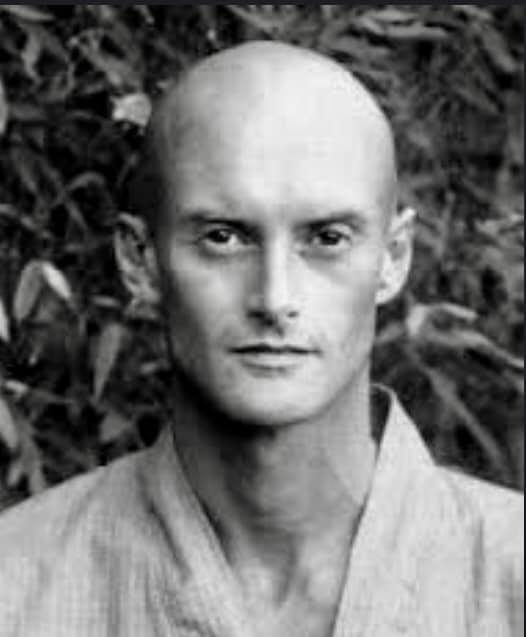A Cautionary Tale of a major Aquarian Thinker: Mark Manson’s view of the life and work of the ‘Einstein of Consciousness’ KEN WILBER, a Sun sign Aquarius.
“Wilber’s story is a cautionary tale. His intellectual understanding was immense, as much as I’ve ever come across in a single person. He also tapped into some of the farthest reaches of consciousness, spiritual or not, that humans have self-reported. I do believe that. But ultimately, he was done in by his pride, his need for control and, well, ironically his ego.
The point is, if Wilber can succumb to it, any of us can. No one is immune. No matter how brilliant and how “enlightened” we are, we’re all animals.
Wilber was a baby boomer in the US through the 60’s and 70’s. He came up through many of that generation’s eastern spiritual movements. These movements were started by eastern teachers and subscribed to a dogma that an enlightened awareness could develop someone into a flawless individual, an immutable authority. Despite Wilber’s massive understanding of human psychology and consciousness, he never seemed to shake this dogma. It followed Wilber through his career and eventually manifested in himself. When he was younger, he notoriously followed Adi Da, a spiritual leader who was later found to be sexually abusing female followers. Yet he stood by him. Later in his career, he also aligned with Andrew Cohen, a spiritual leader who was found to be physically and emotionally abusing his followers. And again, he stood by him. Why? Because Wilber maintained they had genuinely reached the farthest limits of human awareness and understanding.
What Wilber taught me is that no depth of spiritual experience can negate our physical and primal drives for power, lust and validation. As primates, we’re wired to seek someone to look up to as well as to be looked up to by others. And that’s true whether we’re experiencing Godhead or bodhisattva or not. It’s inescapable.
Wilber also showed me that a brilliant mind does not necessarily make a brilliant leader. Wilber bragged in an interview that he never planned anything at Integral Institute, because planning would not represent a “second-tier” leadership. Despite massive funding, enthusiasm, brain power and demand, Integral Institute found a way to fail.
The grand irony here is that Wilber’s model itself, the Integral framework, accounts for and describes everything I said in the paragraphs above. Wilber failed in the exact ways his own model predicted. His model champions the idea of transcending the ego, not negating it. It calls for crowdsourced intellectual rigor and peer review. It goes on, at length, about the shadow self and how our unconscious desires sabotage our greater goals. It covers our primal and biological nature and how our lower impulses must be accepted and kept in check.
Yet he would succumb to the same faults he warned us about.
David Foster Wallace states in his speech “This Is Water” that we all choose something to worship, whether we realize it or not. Wilber would say what we choose to worship is dependent on the stage or level of consciousness we’ve developed to. And he would be right.
But what he seems to have missed is that worshipping consciousness development itself, Wilber’s so-called “second-tier” thinking, leads to the same disastrous repercussions Wallace warned of: vanity, power, guilt, obsession.
No one is immune.
As humans, we have a tendency to cling to ideologies. Any positive set of beliefs can quickly turn malevolent once treated as ideology and not an honest intellectual or experiential pursuit of greater truth. Ideology does in entire economic systems and countries, causes religions to massacre thousands, turns human rights movements into authoritarian sects and makes fools out of humanity’s most brilliant minds. Einstein famously wasted the second half of his career trying to calculate a cosmological constant that didn’t exist because “God doesn’t play dice.”
Wilber’s brilliance will always be a part of me. But what he really taught me is this: There is no ideology. There is no guru. There is only us, and this, and the silence.”














